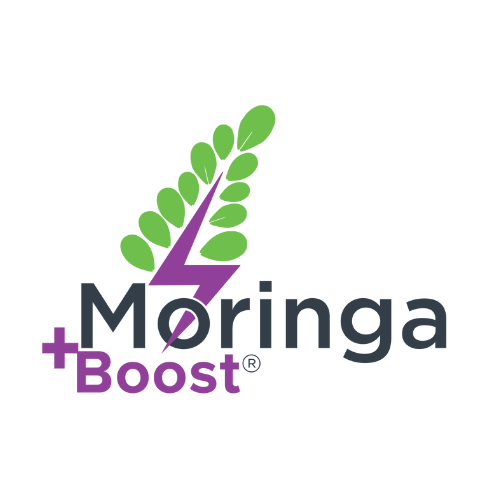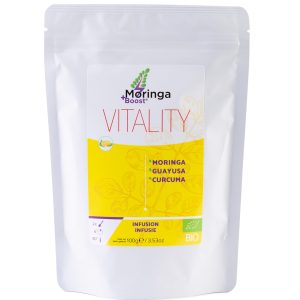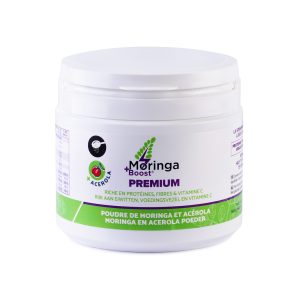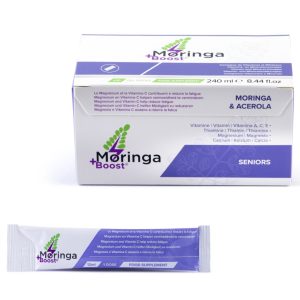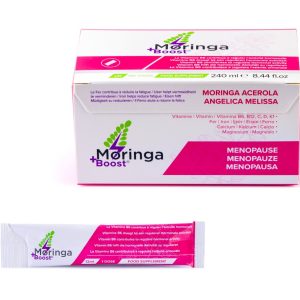Flexitarianism is a dietary lifestyle that has gained in popularity in recent years. It embodies a compromise between omnivorous and vegetarian diets, emphasizing a predominantly plant-based diet, but without completely excluding animal products.
Moringa, rich in proteins, vitamins and minerals, is an ideal complement to the flexitarian diet, which combines moderate meat consumption with an abundance of plant-based foods. Easy to incorporate in powder or capsule form, moringa boosts the intake of essential nutrients for those reducing their meat consumption.
● Flexitarianism: A Brief History
The term “flexitarianism” is a neologism formed by combining “flexible” and “vegetarianism”. It was popularized in the early 2000s to describe a flexible approach to eating, focused on reducing consumption of meat and animal products without eliminating them altogether. The aim of flexitarianism is to create a balance between the health benefits of a plant-rich diet and the satisfaction of personal preferences.
● The philosophy of Flexitarianism
In addition to regular physical activity, flexitarianism contributes to a balanced, healthy lifestyle. Adopting flexitarianism over the long term can help reduce greenhouse gas emissions linked to intensive agriculture. By limiting meat consumption, we can help reduce greenhouse gas emissions.
Flexitarianism is based on several fundamental principles:
- Reduced meat consumption: Flexitarians limit their consumption of meat, especially red meat and processed products. This can help reduce the environmental impact of their diet, as meat production is often resource-intensive.
- Favoring plant -based foods : Flexitarians emphasize vegetables, fruit, whole grains, legumes and other plant-based products. These foods are rich in nutrients and fiber, which are good for your health.
- Quality over quantity: Flexitarianism encourages the selection of animal products from sustainable and ethical farms. Flexitarians attach great importance to the quality of the meat they eat, rather than quantity.
- Flexibility: The main advantage of flexitarianism is its flexibility. Individuals have the freedom to choose when and how they include animal products in their diet.
A flexitarian breakfast could include wholegrain cereals and plant-based proteins for an energetic start to the day. Individual fat and protein requirements are crucial to a balanced diet. Flexitarians should also opt for healthy fats, such as the omega‑3 fatty acids found in chia and flax seeds.
● The Potential Dangers of Flexitarianism for Human Health
While flexitarianism may offer many benefits, it also presents potential concerns for human health. Flexitarian eating habits, enriched with supplements such as moringa, can reduce the risk of nutritional deficiencies. Here are some of these concerns:
Nutrient deficiency
By reducing consumption of animal products, flexitarians may be exposed to an increased risk of deficiencies in certain essential nutrients such as vitamin B12, heme iron, and zinc. It is therefore essential to plan your diet carefully and, if necessary, take supplements.
Insufficient protein intake
Proteins are essential for tissue growth and repair. Flexitarians need to make sure they get enough protein, by incorporating protein-rich plant sources such as legumes, nuts, seeds, and soy products.
Unhealthy food choices
Some people opt for flexitarianism but compensate by eating processed foods rich in empty calories. To avoid this, it’s important to focus on whole, nutritious foods.
Inconsistent dieting
The flexibility of flexitarianism can sometimes lead to inconsistent food choices. It’s essential to maintain a balanced diet and not get carried away by eating too much meat, or by over-consuming calorie-rich plant-based foods.
● Moringa: A valuable supplement for Flexitarians
Moringa, also known as the miracle tree, is a plant native to South Asia. Its leaves are rich in essential nutrients, such as vitamins, minerals, antioxidants and amino acids. Moringa is often touted as a valuable addition to a flexitarian diet for several reasons:
- Rich in nutrients: Moringa leaves are a valuable source of essential nutrients, including vitamin A, vitamin C, iron, calcium, and protein. They can help fill potential nutritional gaps in a flexitarian diet.
- Improved overall health: Moringa is renowned for its anti-inflammatory and antioxidant properties, and its potential to boost the immune system. This can contribute to the overall health of flexitarians.
- Source of plant protein: Moringa is an excellent source of plant protein, making it an ideal choice for flexitarians wishing to diversify their protein intake.
- Ease of use: Moringa can be consumed as a powder, capsule or infused in drinks. It is therefore easy to incorporate into your daily diet.
This dietary supplement of choice for flexitarians provides essential nutrients often less present in low-meat diets. Plant proteins are also essential for flexitarians to maintain a balanced diet.
A plant-rich, low-sugar flexitarian dietary practice may be beneficial for the management of type 2 diabetes.
● Conclusion
Flexitarianism is a growing dietary lifestyle that seeks to balance the benefits of a vegan diet with personal preferences for animal products.
However, to get the most out of it while avoiding potential health drawbacks, it’s essential to plan your diet carefully, prioritize whole, nutritious foods, and monitor your intake of essential nutrients.
As a nutrient-rich supplement, moringa can be a valuable addition to the flexitarian diet, helping to fill nutritional gaps and promote optimal health. Ultimately, the key to success in flexitarianism lies in balance, awareness and flexibility.
● References
- Health benefits of a plant-rich diet: Flexitarian Diets and Health: A Review of the Evidence-Based Literature — PMC — NCBI
- Reducing meat consumption: The Flexitarian Diet — Chemistry — Western Oregon University
- Environmental impact of their food : What Is the Flexitarian Diet? — Cleveland Clinic Health Essentials
- Observatoire National des Aliments Végétales (ONAV) : ONAV — Official Website
